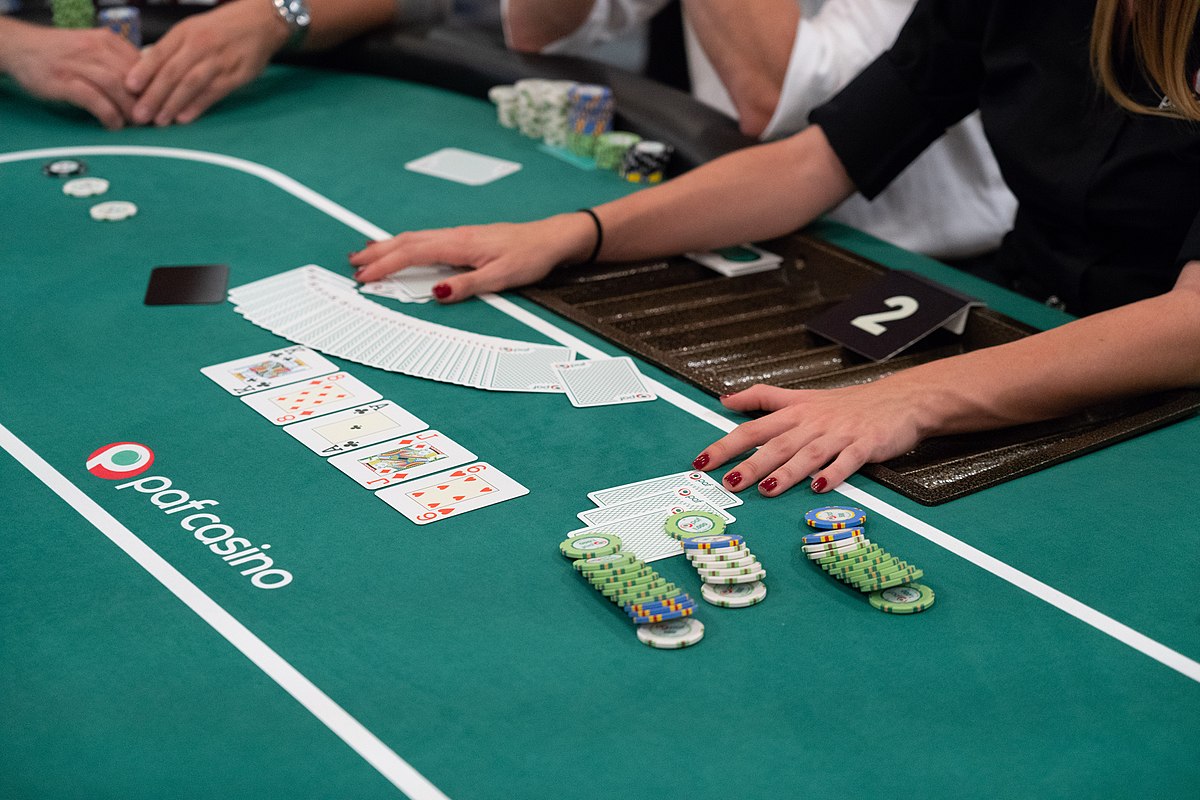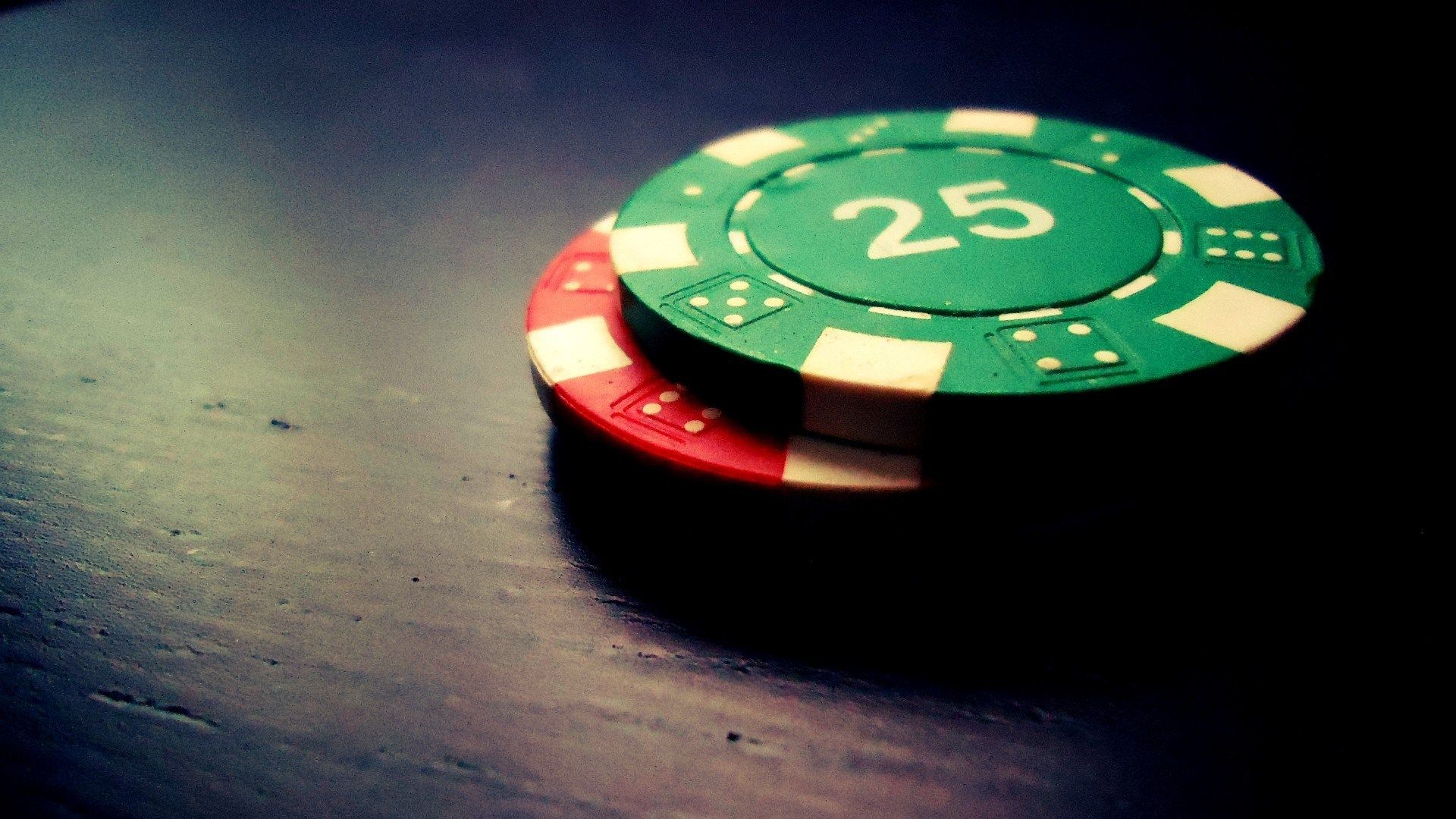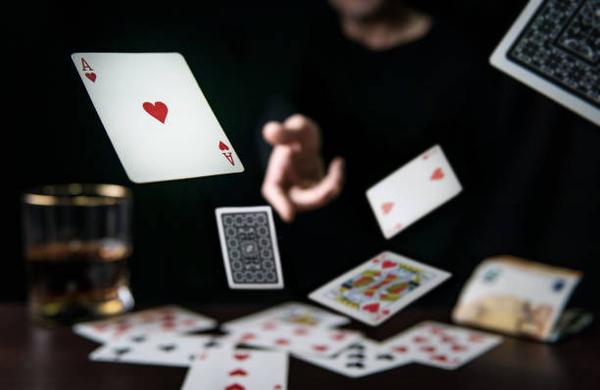In addition to the traditional variations, online casinos often offer exciting twists on the game, such as live dealer roulette and progressive jackpot roulette. Live dealer roulette allows players to experience the thrill of a land-based casino from the comfort of their homes, as they interact with real croupiers via live video streaming. Progressive jackpot roulette, on the other hand, gives players the chance to win massive jackpots that accumulate over time, adding an extra layer of excitement to the game. In conclusion, the world of online roulette offers a plethora of variations and strategies for players to explore. Whether you prefer the classic European roulette or want to try your luck with a progressive jackpot version, online casinos provide a diverse range of options to cater to every player’s preferences.
As with any form of gambling, it is essential to approach online roulette with caution and set limits to ensure a fun and responsible gaming experience. So, place your bets, spin the wheel, and may luck be on your side as you navigate the captivating world of online roulette.The Fascinating History of Gambling: From Ancient Civilizations to Modern Casinos Gambling has been a part of human civilization for centuries, captivating individuals with the allure of chance, risk, and reward. From ancient civilizations to the glitzy casinos of today, the history of gambling is a fascinating journey that reflects the human desire for excitement and entertainment. The origins of gambling can be traced back to ancient civilizations. The Chinese are believed to have invented playing cards around the 9th century, which later spread to the Arab world and Europe.
Dice games were also popular in ancient cultures, with evidence of dice being used as early as 3000 BC in ancient Mesopotamia. These early forms of gambling were often intertwined with religious and mystical beliefs, serving as a way to seek guidance from the gods or determine fate. In ancient Rome, gambling was a popular pastime. Romans 918kiss engaged in various games of chance, including dice games, board games, and betting on gladiator fights. Gambling was not only a form of entertainment but also a social activity that brought people together. The Middle Ages saw a shift in the perception of gambling. The spread of Christianity led to a more negative view of gambling as a sinful and immoral activity. However, gambling still persisted, often taking place in secret gatherings or underground establishments. The Renaissance period witnessed the resurgence of gambling as a legitimate form of entertainment.















